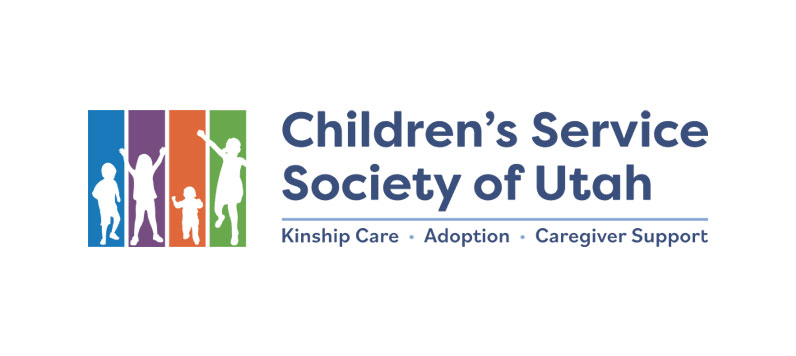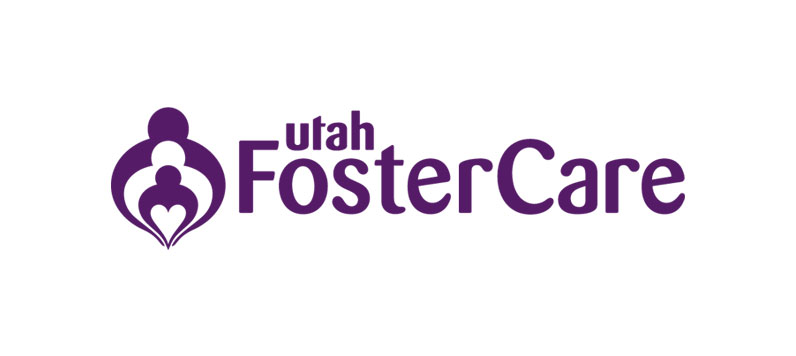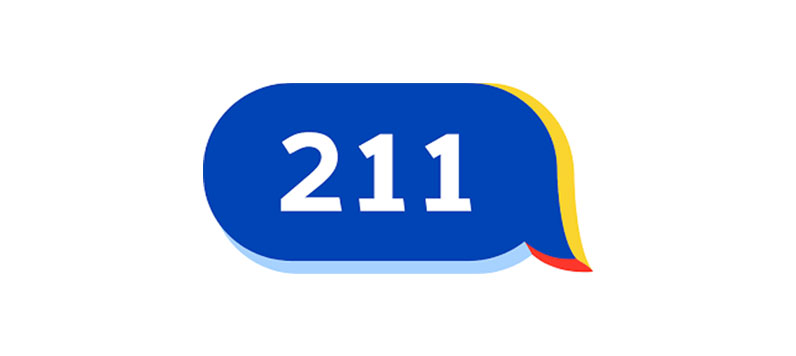The first priority of Child and Family Services is to maintain children at home with their family, if they can safely do so. If a child cannot safely remain at home, the next best option is placement in a family setting with a kinship caregiver or foster family.
Who can be a kinship caregiver?
Kinship caregivers are preferred placements for children due to their knowledge of and relationship with the family and the child. Placement preference is determined by the following specific order, and subject to the child's best interest:
- Non-custodial parents
- Relatives: The child's grandparents, great-grandparents, aunt, great-aunt, uncle, great-uncle, brother-in-law, sister-in-law, stepparent, first cousin, step sibling, sibling, parent's first cousins, and adults who are the adoptive parents of the child's sibling. For an Indian child, relative also includes an "extended family member" as defined by the Indian Child Welfare Act (ICWA).
- Friends: If relatives are not available, an adult identified by the parent or the child who the child knows and is comfortable with may be considered. Friends must be willing to become licensed foster parents for the specific child.

Where can I learn more?
Contact our non-emergency number at 801-538-4100 opens in a new tab. You can also find a specific DCFS office by visiting our Contact Us page.
If you have questions concerning a child or children that are involved with Child and Family Services, please contact us through our client concerns/constituent services here.
Resources for foster parents

Children’s Service Society’s Grandfamilies program provides free resources to those caring for grandchildren or other relatives. Programs include classes for caregivers, monthly support groups, and therapeutic counseling services.

Utah Foster Care provides initial training for licensed Resource Families, specific training on child development, grief and loss, and strategies for meeting children’s special needs, and continued training and support as part of the Resource Family community.

Care About Childcare has information about daycare providers in your area and their qualifications.

United Way 211 is a statewide information and referral line that connects individuals and families to services and resources such as housing, food, childcare, transportation, financial assistance, and more.

Utah Division of Workforce Services can provide financial assistance and medical, food stamp and/ or child care benefits through a Specified Relative Grant. You do not need to have guardianship or custody of the child to apply.
